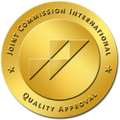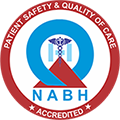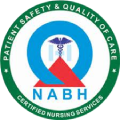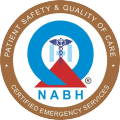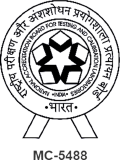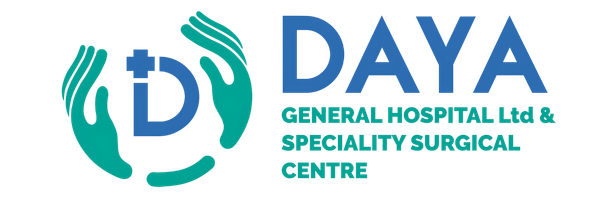Interventional Radiology is a highly specialized field within radiology that focuses on minimally invasive, image-guided treatments. Interventional radiologists are experts in using advanced imaging techniques such as X-rays, CT scans, and ultrasounds to diagnose and treat a wide range of conditions across various organ systems. By utilizing small incisions and precise instruments like catheters, wires, and stents, these physicians can effectively treat diseases with minimal risk and recovery time compared to traditional surgery.
Interventional Radiology procedures can also include non-vascular interventions such as biopsies and the drainage of infected fluid collections. One of the critical areas where IR plays a pivotal role is in image-guided cancer therapy, including thermal ablation.
Benefits of Interventional Radiology:
- Reduced risk compared to conventional surgery
- Minimal pain due to smaller incisions
- Shorter recovery time and hospital stays
- Most procedures are performed under local anesthesia
Key Services in the Interventional Radiology Department:
Interventional Radiology procedures:
Neuro/Neuro surgical:
- Acute stroke – Mechanical Thrombectomy
- Sub arachnoid hemorrhage due to ruptured blood vessels – aneurysm coiling and flow diverter placement.
- Arterio venous malformations gluing
- Pre operative embolisations of tumours
- Carotid artery angioplasty / stenting
- Dural Arterio venous fistula embolisation
- Carotico cavernous fistula
- CT cisternography
Aorta:
- Aortic stent grafting for ruptured and unruptured thoracic and abdominal aortic anuerysms
- Stent grafting in dissection
Peripheral Vascular interventions:
- Critical limb ischemia – angioplasty and stenting of the affected vessels (iliac, femoro – popliteal and below knee arteries)
- Acute limb ischemia – thrombolysis
- Embolisation of AVM
- Embolisation of Pseudoaneurysms
Venous Intervention:
- Deep vein thrombosis – IVC filter placement and pharmaco mechanical thrombectomy and stenting of veins
- May Thurner Syndrome – angioplasty and stenting of iliac veins
- Central vein angioplasty and stenting
Pulmonary:
- Hemoptysis – bronchial artery embolizations.
- Pulmonary AVM and Rasmussen’s artery embolisations
- Trachel stenting
- Ablation of lung lesions
Gastroenterology:
- Trans arterial chemo embolisation of liver tumour.
- Ablations of liver tumours.
- PTBD (biliary drainage) and stenting.
- Portal vein embolisation.
- TIPSS (trans jugular intraheaptic porto sytemic shunt).
- DIPPS (Direct intraheptic porto- systemic shunt).
- Trans jugular liver biopsy.
- Hepatic vein stenting.
- Bleeding gastric varices embolisation – BARTO, PARTO, CARTO.
- Chronic Mesentric Ischemia – celiac artery / mesentric artery angioplasty and stenting.
- Post trauma pseuoaneurysm / bleeder embolization.
- Visceral arterial aneurysm /pseudoaneurysm embolizations.
Nephrology/Urology:
- Renal AV fistula and pseudoaneurysm embolisation.
- Renal tumour embolization /ablations.
- AV fistuloplasty.
- Central vein stenosis – angioplasty and stenting.
- Permcath placement – chronic tunneled hemodialysis catheter placement.
- Antegrade urteric stenting.
- Prostatic artery embolization for BPH.
Gynaecology:
- Uterine fibroid embolisation.
- Uterine AVM embolisation.
- Fallopian tube recanalisation.
ENT:
- Pre operative embolisation of vascular tumours.
- Epistaxis – embolisation of internal maxillary artery.
OPHTHALMOLOGY:
- Carotico cavernous fistula embolisation.
- Intra arterial chemoinfusion for retinoblastoma.
Orthopedics:
- Spinal tumour / hemangioma preoperative embolisation.
- Post trauma pseudoaneurysm embolization.
- Vertebroplasty and kyphoplasty.
- Ablation of osteoid osteoma.
- Embolisation of aneurysmal bone cyst.
- Geniculate artery embolization.
- Sclerotherapy of soft tissue hemangiomas.
- Vertebral biopsies.
With its advanced technology and minimally invasive techniques, Interventional Radiology provides a modern approach to treatment, offering faster recovery and better outcomes for patients.

